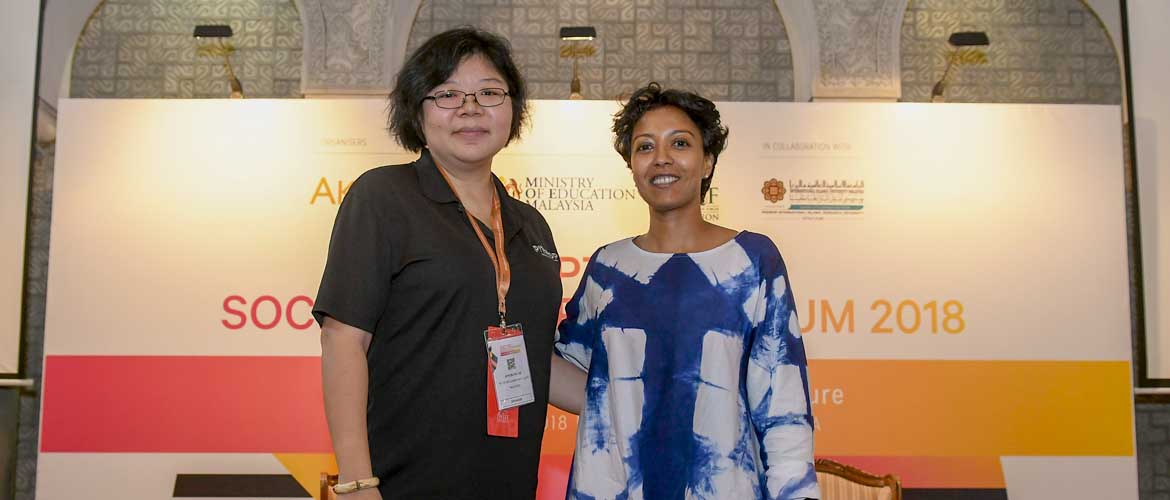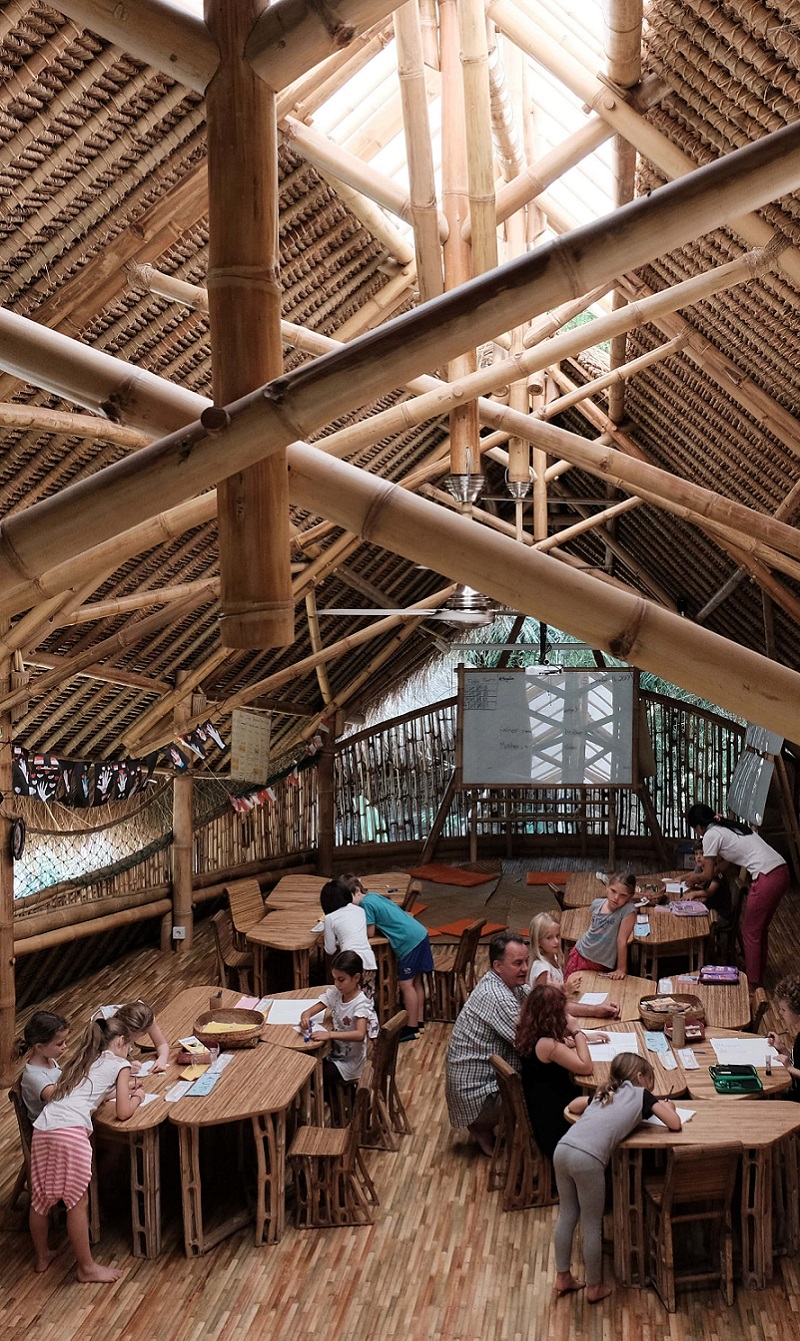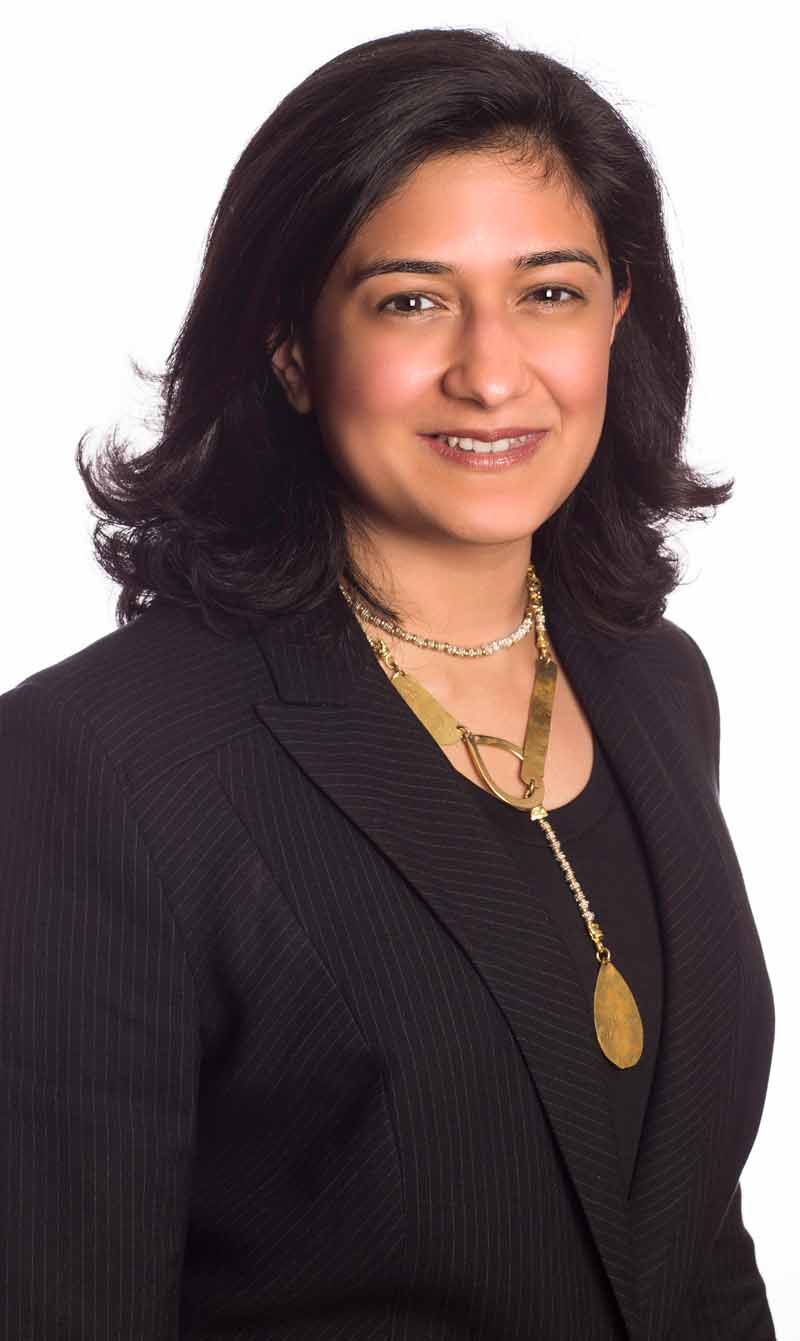Breaking the glass ceiling
The WIEF initiative AKEPT-WIEF Social Enterprise Forum took place on 22 – 23 October 2018, at ISTAC in Kuala Lumpur. 279 participants attended its 11 sessions manned by 35 speakers. Here is a summary of its Masterclass 4 on ‘Breaking the Glass Ceiling: Women as Social Entrepreneurs’ that featured social entrepreneurs Sasibai Kimis and Joycelyn Lee.
During AKEPT-WIEF Social Enterprise Forum’s Masterclass 4, Sasibai Kimis and Joycelyn Lee spoke of the journey that led them to their social entrepreneurship. They shared a common thread of agreeing that no matter how difficult social entrepreneurship is, it was, and still is, a rewarding journey. But they reminded the audience that social entrepreneurship would take a longer time to be profitable.
Focus on heritage
Sasibai was born in Ipoh, a Malaysian town, and grew up in Kuala Lumpur. She’s the founder of Earth Heir, a social enterprise that focuses on Malaysian heritage, particularly in terms of sustainability and design, as well as increasing the value of Malaysian craft. ‘My vision is for Malaysian heritage to be a part of our everyday life,’ she said.
Sasibai used to visit India with her parents and when she was an 8-year old child, she experienced Indian villagers asking them for money. ‘That was when I realised that life in Malaysia is so blessed, what we have is more than what most people have,’ she recalled.
Sasibai was sent to study in Singapore at 13 years old. ‘My parents wanted me to learn English,’ she said. She returned to Malaysia at 17 years old, did her A Levels and then left to study in the United States. After her studies, she worked at Lehman Brothers in the United States but resigned and went to Cambridge. She wanted to understand how is environment linked to poverty and how we can reduce poverty.
Then she went to Ghana and had an internship with UNDP, giving out food aid to children infected with HIV. ‘That was when I came across the idea of a better way to solve problems: do good, make money and keep doing good,’ she said. ‘For change to happen, there must be a nucleus of people who want and do good.’
At 29 years old, she returned to Malaysia and worked but falling asleep at the wheel while driving home from work one night was her wake up call. She resigned and started Earth Heir. ‘My mission statement for Earth Heir gave direction to my life. When it first started, we worked with artisans in Cambodia and I was ignorant of Malaysian heritage. We started working with Malaysian artisans later and have been doing so the past three years,’ she explained.
‘The issue we try to solve with Earth Heir is, there’s so much skill, but design and marketing are not done well. Our concept is, all of us are inheritors of this earth and we have a responsibility for its wellbeing,’ Sasibai said. ‘Also, Malaysia has one of the largest number of refugees in Asia. So, we work with refugees to make jewellery designed by a designer in the United Kingdom. Refugees are under illegal immigrant status in Malaysia and thus, they can’t earn money. So, this project helps them earn money.’
Earth Heir is now five years old and Sasibai considered it to be one of the hardest things she had ever done. ‘Go and work for other people first for the experience, work ethics and discipline,’ she advised.
‘It’s a scary journey. We’re not only answering to our clients but also to our beneficiaries. The first few years, I didn’t pay myself and lived on my savings. There were many times I wanted to give up but what kept me going is knowing that we’re building something for the nation. All businesses in Malaysia should have a do-good component. Social entrepreneurship is a new model for businesses,’ Sasibai concluded.
It’s more than a pit stop
Joycelyn wanted to decline the invitation to speak at AKEPT-WIEF Forum because she was terrified of public speaking. However, the subject matter intrigued her and the opportunity to share the stage with Sasibai was too great to say no. She co-founded Pit Stop Café two years ago and it now feeds around 200 people from marginalised communities.
Joycelyn’s a Peranakan whose parents are from both Melaka and Penang and after decades of running away from her heritage and having been a journalist as well as in the corporate life, she realised she wanted to make the country better. ‘What am I doing to make this country better? If I am not here, where else can I go, where else is my culture preserved?’ Joycelyn had asked herself. When she started cooking again to take care of an ailing mother, she started writing down her mother’s recipes. During this time, she realised what food cost.
Also, it was around this time, due to insomnia, she started roaming KL’s streets and listened to stories of the homeless and abandoned, during those dark hours of the night. So, one night during a mamak stall session with friends, the idea for Pit Stop Café was born. ‘We have brilliant ideas during those sessions at mamak stalls, [but most of the time] we just never carry them through,’ said Joycelyn. ‘You must be so flexible, nimble on your feet and you must have that blueprint of what you want to achieve. It’s not just about passion but you also must have logic,’ Joycelyn said.
Today, Pit Stop serves food including Peranakan food and give culinary training with built-in education to those from marginalised communities. Pit Stop also rescues five to ten tonnes of food each month and there are 13 beneficiaries that get food from them, such as schools and refugee centres.
‘One of the ways we make a profit is by creating packages of pay-it-forward catering and offer it to corporations. It’s a business model because they’re monetising pay-it-forward meals although it’s a slow process. I find that the key tool in building trust is consistency,’ she shared. ‘Social entrepreneurship needs to be championed. And who better than women, the ones who are always the care givers, being caring and giving care.’
Joycelyn concluded with, ‘How do I help people and at the same time, help myself? That’s the beginning of social entrepreneurship.’
___________________





